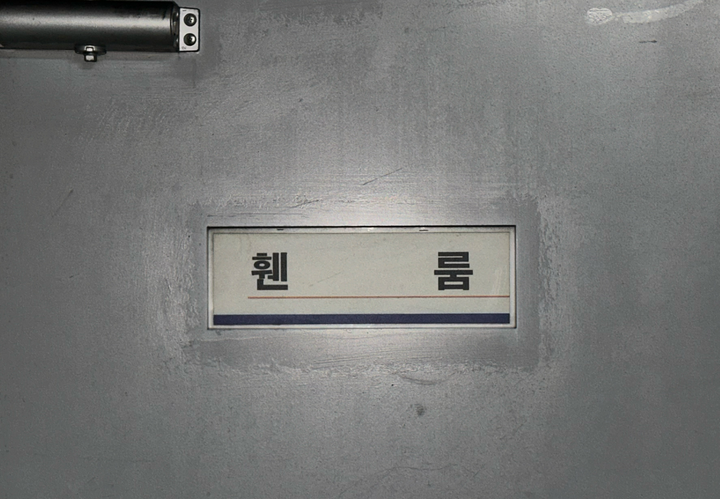When learning a new language, certain habits can make our dialogue sound rougher than that of a native speaker. To sound more natural and improve your conversation skills in Korean, avoid these three common mistakes:
<1> Relying on Romanization
While romanization may be helpful at the beginning of your language learning journey, depending on it as you progress can cause issues. Romanization differs significantly from actual Korean pronunciation, hindering your ability to reach your full potential in the language. By relying on romanization, you risk negatively impacting your Korean speaking and reading skills. Additionally, as you advance, creating or reading complex sentences without knowing Hangeul becomes much more challenging.
It's better to abandon romanization sooner rather than later for overall improvement in your Korean language skills.

<2> Using random words/phrases from
K-dramas or lyrics
Engaging with Korean media such as music, movies, or dramas is a great way to connect with Korean culture. However, it's essential to remember that entertainment media doesn't accurately portray real life.
Enjoying Korean entertainment can boost your listening skills, but the words and phrases you pick up are often not useful for everyday conversation. When practicing speaking, it’s fun to mention your favorite dramas or songs to native speakers. However, keep in mind that randomly quoting lines from media might sound odd or out of place in real conversations.
Following a structured learning process will teach you practical vocabulary and help you sound more natural when speaking Korean.

Thinking in your mother tongue and translating into Korean
In the early stages of learning a new language, it's common to automatically translate words back into your mother tongue when subvocalizing. While this may seem helpful, it can introduce issues.
Firstly, you would need advanced Korean vocabulary to match the sophistication of your native language skills.
Secondly, word-for-word translation becomes challenging as you develop more complex sentences in a new language.
The best approach is to start thinking in simpler sentences that are easier to form in thought.

Learning a new language can present unexpected challenges. Although the beginning may be difficult, making simple changes like these can reduce stress while learning. Take note if you find yourself making any of these mistakes and try out different approaches.
Wishing you continued joy and progress
in your Korean studies!
Go one step further with TTMIK!
Talk To Me In Korean motivates and nurtures learners to develop their language skills in fun and innovative ways, with over 1,700 lessons published on the official website. The variety of content available from Talk To Me In Korean has drawn people from over 190 countries for more than 15 years.




